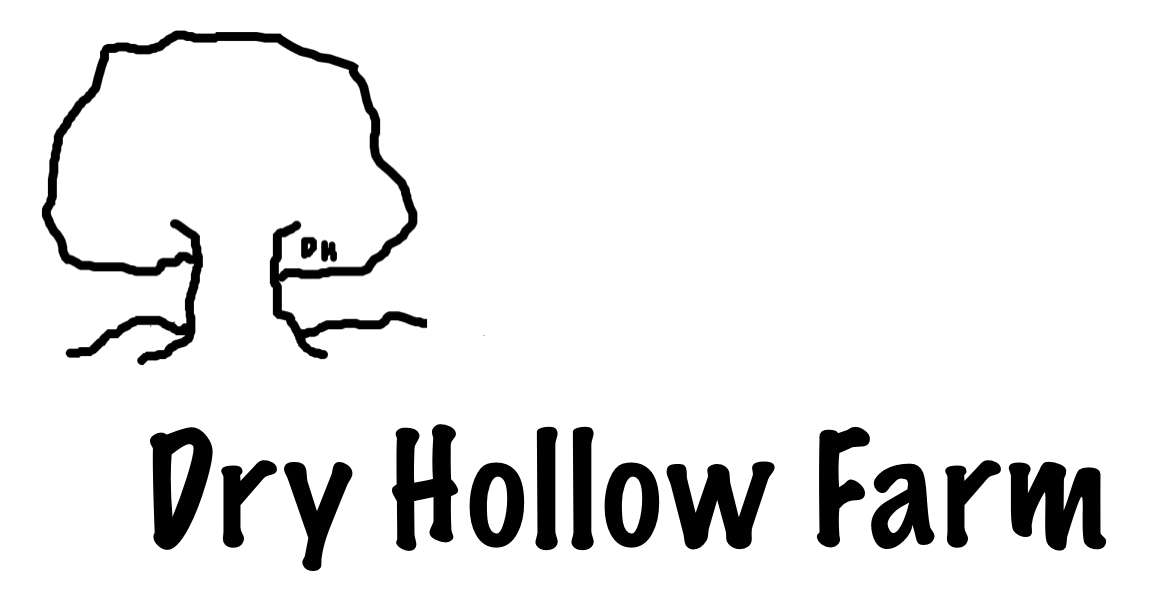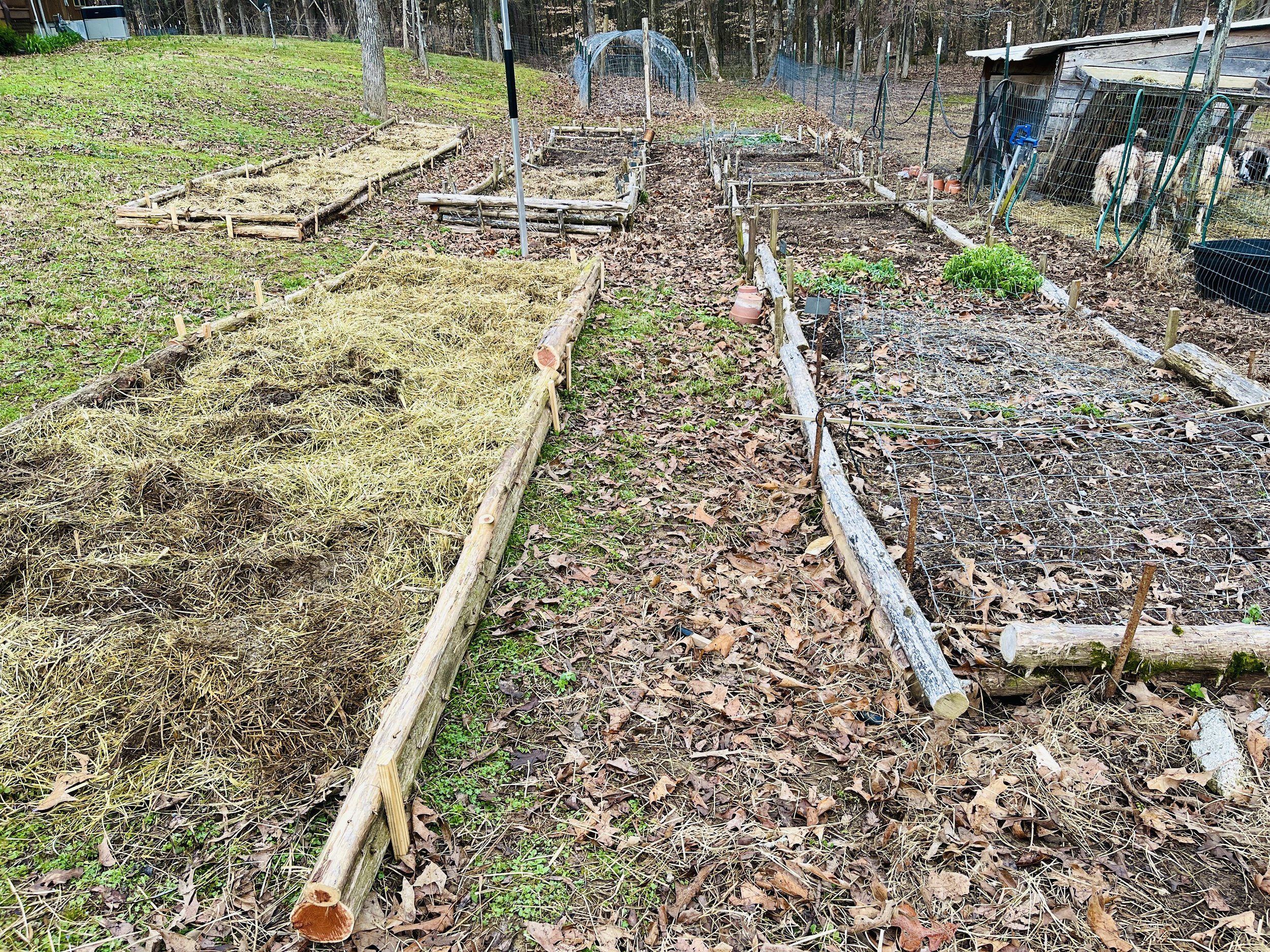What the Woods Provide
For any farm enterprise, there is always a need for wood that does not rot. Fence posts, garden bed borders, animal shelters, poles - all require wood that will withstand heat, humidity, cold, and general wear and tear.
Although treated lumber is readily available for purchase, using available resources whenever possible is both less expensive and safer. Every region of the United States has a variety of rot-resistant wood that will provide years of use. For our farm in western Tennessee, this is Eastern Red Cedar. Other rot-resistant varieties include redwood, cypress, and locust.
Our acreage is divided between open pasture and dense woods. Within the wooded areas, cedar trees flourish and are readily available. Seldom do we need to cut a living tree as many fall naturally each year. This past spring we experienced a storm with straight-lines winds that felled a cluster of ten.
Most of our cedar use falls into one of three categories:
#1 The most common use are fence posts. At pasture gates, corner posts, or any location requiring extra support, our cedar posts cost us only the price of chainsaw fuel. Although de-limbing can prove a tiresome chore, the effort is well-worth the saved expense.
#2 As we expand our herb and garden beds, we rely upon lengths of cedar logs for building the borders. We have watched other gardeners buy lumber to create a garden bed, only to discover a year later the boards have rotted in the ground from constant exposure to dirt and water. We use stakes to hold our cedar logs in place, but drilling holes for metal rods driven into the ground is also a possibility.
#3 We use cedar logs for small shelter construction as corner posts and support for tin roofs. As they are readily available, we adjust the height to any size we need by measuring and cutting in our woods while gathering the logs.
We do have one rule of thumb we try to follow as much as possible … most of our building projects occur throughout the fall and winter months (unless an emergency arises). Spring and summer, our woods are full of ticks, briars, and humidity. If at all possible, we cut cedar logs when the leaves are off the trees and our wooded areas are easier to navigate and we avoid tick infestations!
Dr. Kathryn Bush owns and operates Dry Hollow Farm, a working goat and sheep farm in Huntingdon, Tennessee. Together with her husband, Russell, she creates skincare products from their fresh goat milk, grows organic herbs, welcomes visitors to their two cabins on the farm (available for stays through Airbnb), keeps the farm’s on-site soap shop stocked with their handcrafted products, and enjoys working the farm in company with their Great Pyrenees dogs (who work hard guarding the animals). Check out their natural products featuring farm-grown ingredients here, and sign up for the Dry Hollow Farm newsletter to stay in touch and be the first to hear about farm news, events, and new products.


